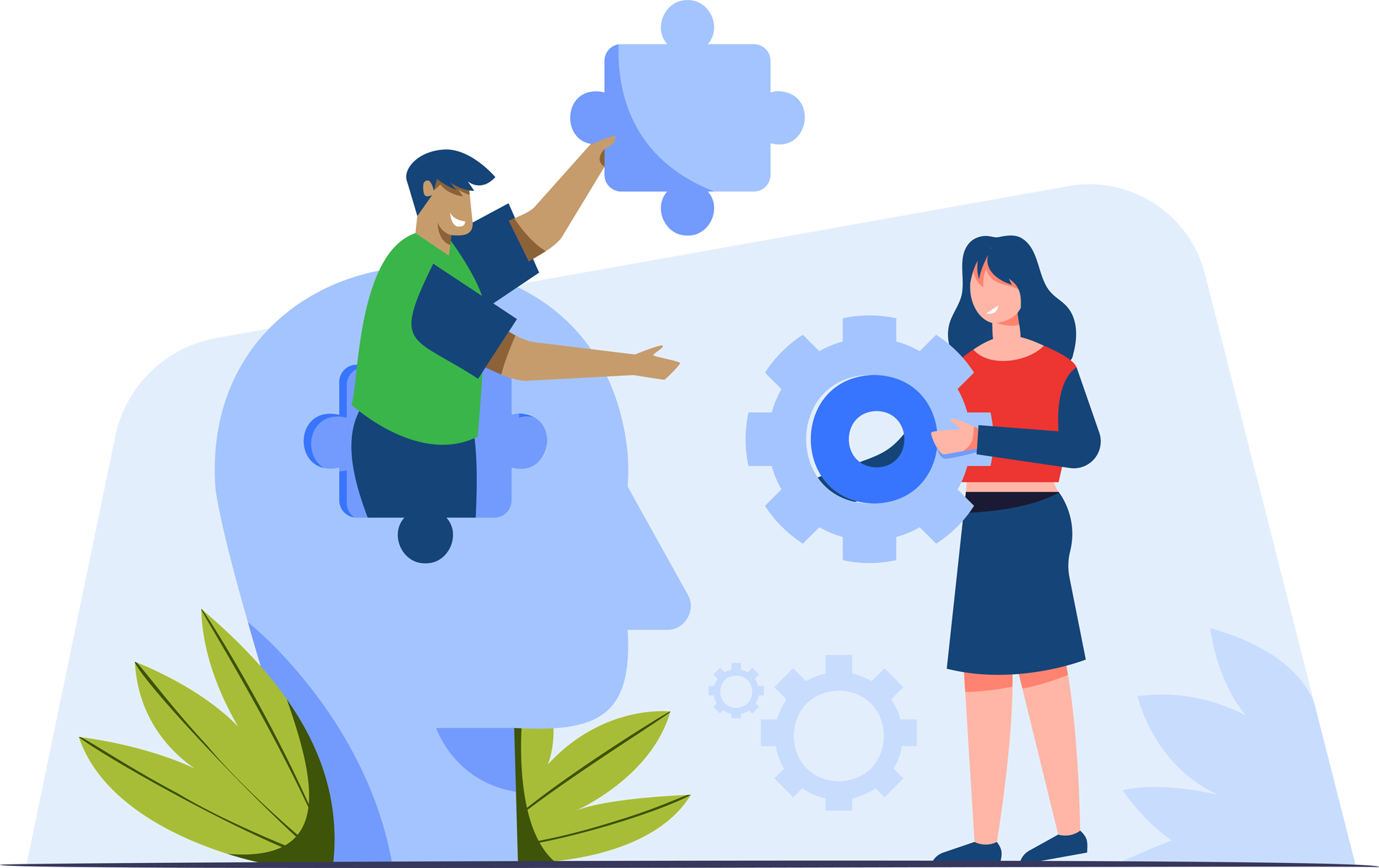
Author: Linh Le
Contributors: Cindy Weigel and Jennifer Tschantz
In today’s fast-paced world, harnessing data effectively and understanding systems holistically is crucial for driving meaningful and sustainable improvements. Recognizing this, DaSy, the Early Childhood Technical Assistance Center (ECTA), and the Waters Center for Systems Thinking are collaborating with four states to enhance their Part C and Part B 619 programs. This cohort aims to build the states’ capacity to use data and systems-thinking tools effectively to create positive change and improve results at the state and local levels of its IDEA system.
What Is a Culture of Data Use?
A culture of data use encompasses the collective behaviors and beliefs of individuals and teams who value, practice, and advocate for data-driven decision-making. The collection, analysis, and use of high-quality data are integrated into the operations, mindset, and identity of the program. A data-use culture provides the insights required to be genuinely data-driven and to effectively address complex challenges.
The Power of Systems Thinking
Systems thinking involves understanding the interconnectedness and dynamics of different components within a system. By employing systems-thinking habits, tools, and strategies, individuals and teams can gain a comprehensive understanding of what is happening within a system, identify what is working, and recognize areas that need improvement. This holistic approach ensures that changes made are impactful and sustainable.
Using Data Processes and Systems Thinking to Drive Impactful, Sustainable Systems Improvement
This cohort focuses on enhancing the four states’ capabilities to use data to support systemic change efforts in state-identified priority areas. Participants gain knowledge and skills to improve data use while creating connections with systems-thinking habits and skills. The goal is to enhance participants’ capacity to achieve impactful change by:
- Effectively using data to inform decision-making.
- Applying data through systems thinking and the habits of a systems thinker.
- Engaging in cross-state collaboration and learning.
- Utilizing data alongside systems-thinking tools to improve experiences and outcomes for young children with disabilities and their families.
Through cohort activities, participants develop:
- Proficiency in data systems and using data for program improvement.
- A common language that fosters dialogue and insights into addressing root causes of change barriers.
- Practical experience applying systems-thinking tools and language to specific IDEA early childhood program contexts, policies, procedures, and practices.
- Opportunities to leverage data as evidence of systemic change.
Why It Matters
This initiative empowers state teams to cultivate a culture in which data-driven decisions and systems thinking are integral to fostering positive and sustainable improvements in early childhood programs. No matter an individual’s role within a system, their actions influence the system’s behavior and the outcomes it produces. By equipping individuals and teams with the skills and knowledge to foster a culture of data use and adopt systems thinking, we can pave the way for lasting, impactful change.
Resources for Ongoing Learning
- Data Culture Toolkit
- Conference presentation: Data-based Practitioners: How to Use Data for Decision Making
Partner Centers
About the Authors

Linh Le is a Communications Specialist at SRI International. She currently supports communications for the Center for IDEA Early Childhood Data Systems (DaSy), managing the center’s social media efforts and blog.

Cindy Weigel is a Senior Technical Assistance Specialist at SRI International. She currently supports technical assistance for the Center for IDEA Early Childhood Data Systems (DaSy) as Associate Director.

Jennifer Tschantz is a Principal Senior Technical Assistance Specialist with SRI. She co-leads DaSy’s Systems Thinking and Data Use cohort with Ms. Weigel.
Published August 2024.


